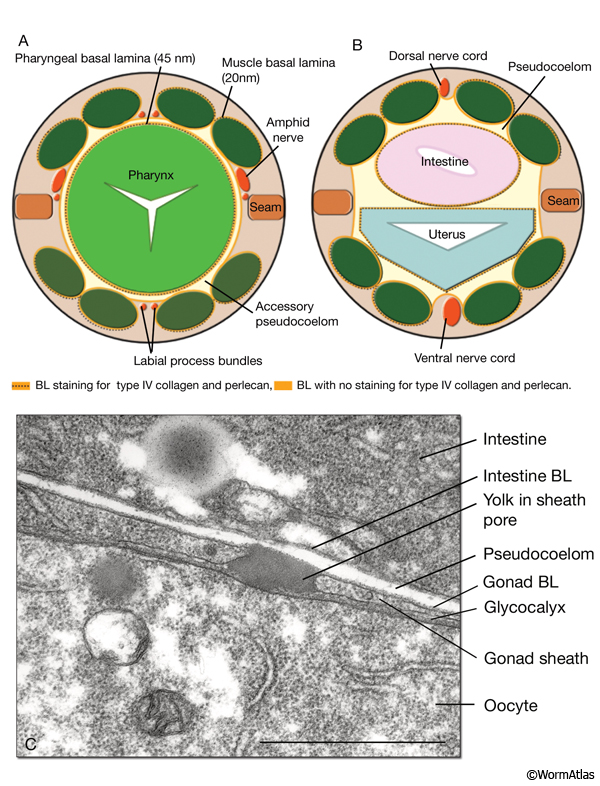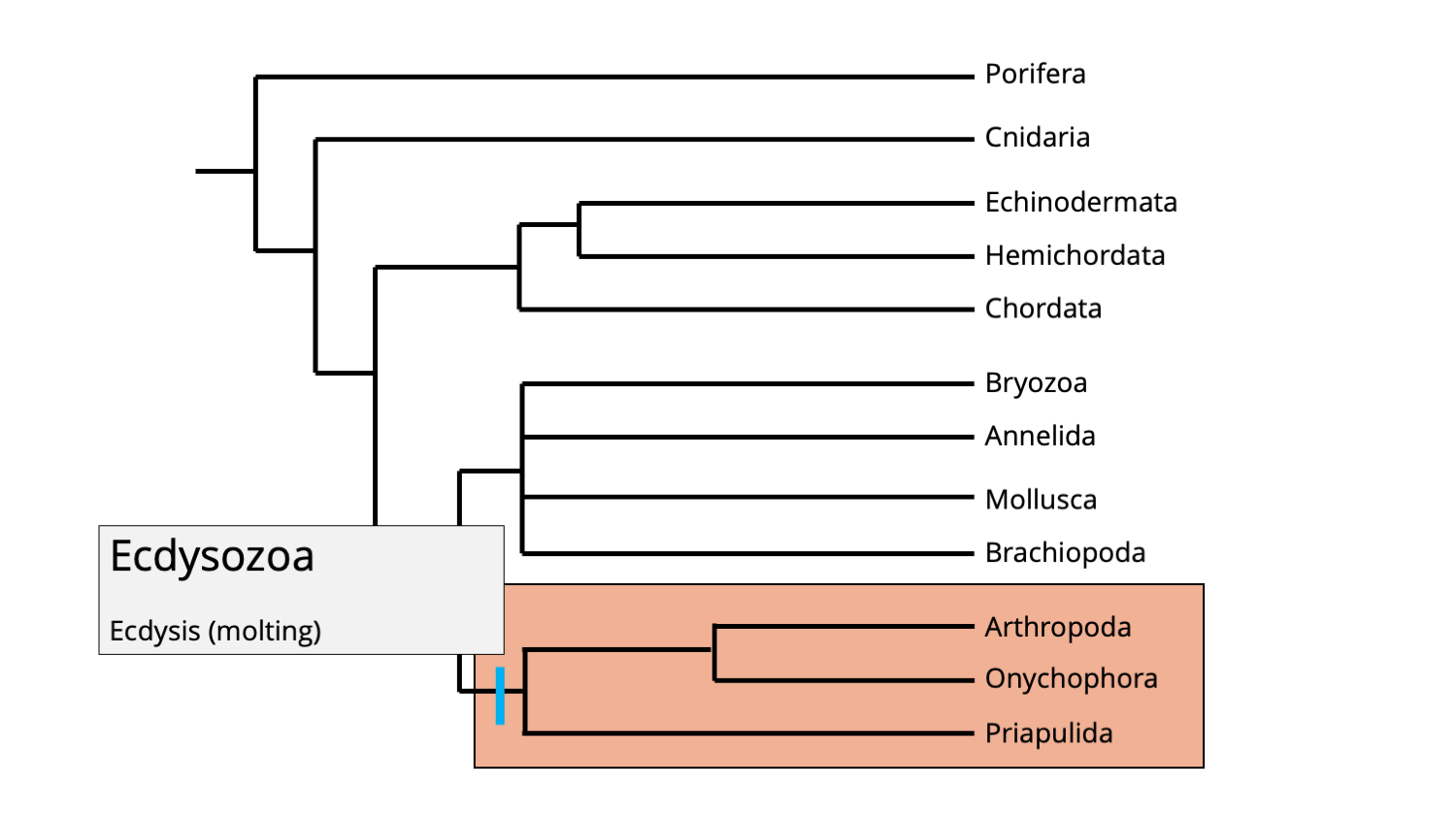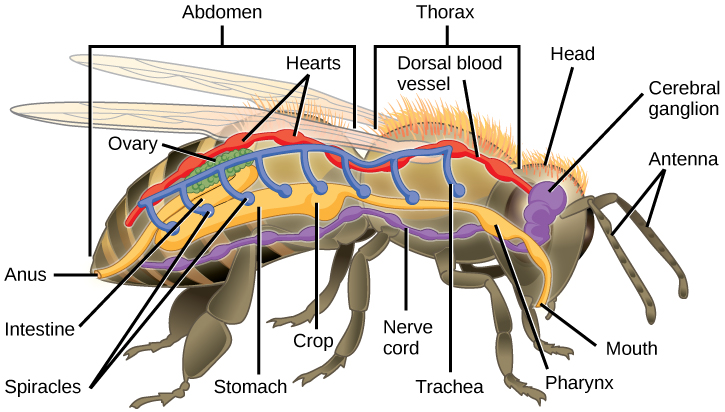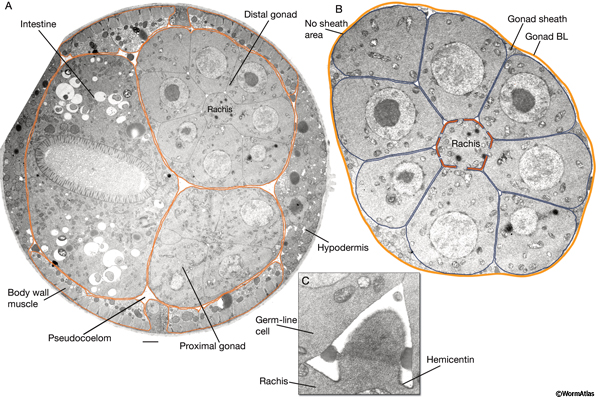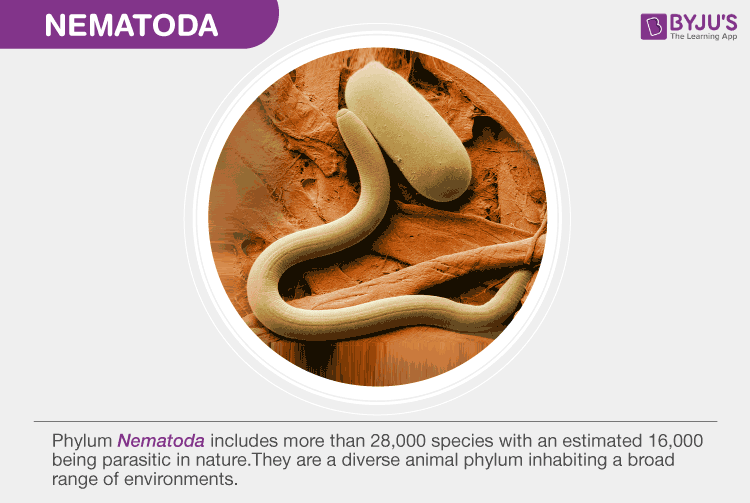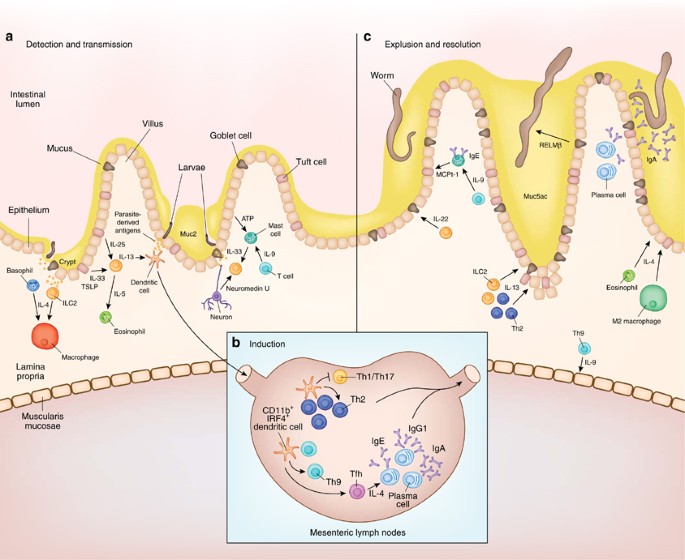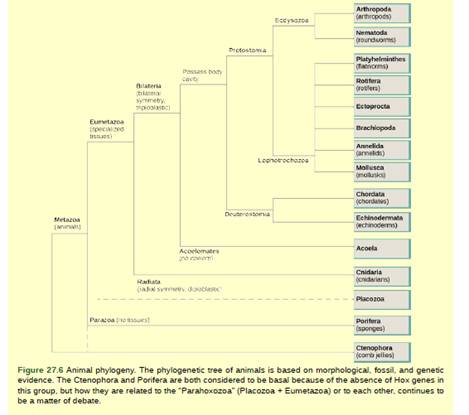
Figure 27.6 Which of the following statements is false? Eumetazoans have specialized tissues and parazoans don't. Lophotrochozoa and Ecdysozoa are both Bilataria. Acoela and Cnidaria both possess radial symmetry. Arthropods are more

Kingdom Animalia – Nematoda Phylum nematoda – round worms (~50,000 species, or more?); general characteristics: Very, very, very, very, very, very, common!!! - ppt download

No true tissueTrue tissue Radial symmetry Two tissue layers Bilateral Symmetry Three Tissue Layers Protostomes Deuterostomes Phylum Annelida The annelids. - ppt download
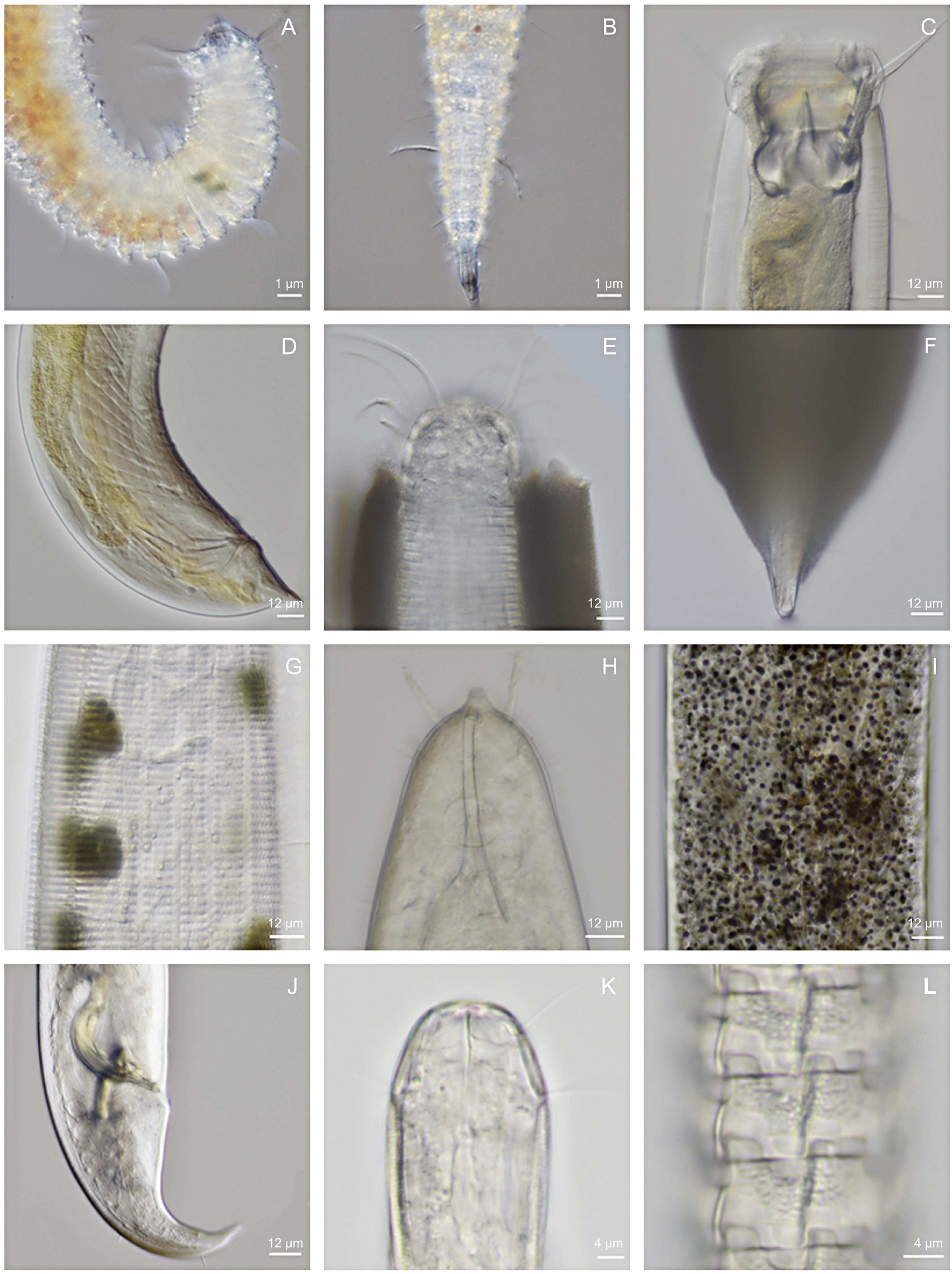
Frontiers | Phylogenomic Analysis of the Phylum Nematoda: Conflicts and Congruences With Morphology, 18S rRNA, and Mitogenomes


